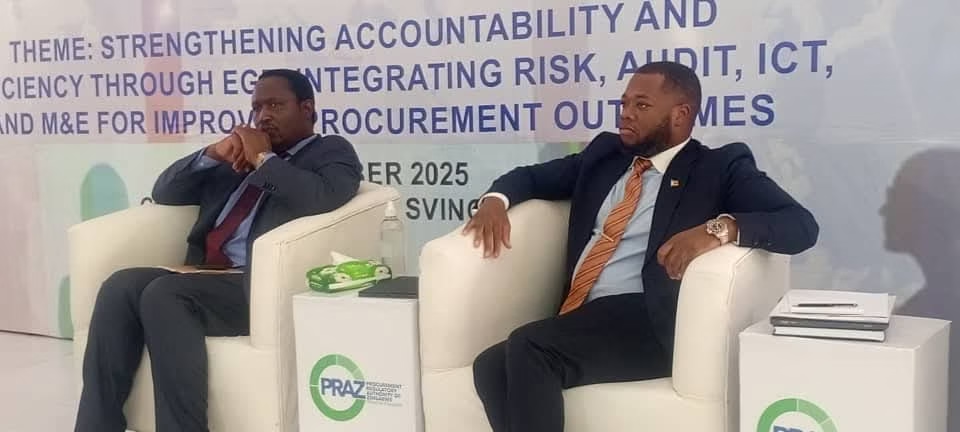
The Electronic Government Procurement system, known as eGP, is emerging as a transformative tool in Zimbabwe’s public procurement landscape, aimed at enhancing efficiency, fairness, and transparency in the management of public funds. Launched in 2023 to replace cumbersome paper-based processes, the eGP system was designed to centralise tendering, standardise procedures across government departments, and provide real-time monitoring of procurement activities. The system consolidates procurement operations under a single digital platform, reducing delays, cutting costs, and limiting opportunities for misuse of public resources, while also aligning with global best practices.
The rollout of the system has brought together a wide spectrum of stakeholders, including ICT specialists, auditors, risk management officers, and heads of procurement management units, emphasising the need for a coordinated approach to safeguard system integrity. ICT experts are central to the operation, responsible for ensuring cybersecurity, system stability, and the overall functionality of the platform. By institutionalising digital procurement, the government is signalling a commitment to stronger accountability, operational efficiency, and the creation of an inclusive environment where small and medium enterprises can access government tenders with fewer barriers.
Beyond operational improvements, the eGP system contributes to environmental sustainability by minimising paper usage and reducing travel requirements for suppliers and officials, thereby lowering the carbon footprint associated with traditional procurement practices. It also strengthens governance frameworks by enabling real-time monitoring, fostering public confidence, and allowing for more informed decision-making in government expenditure.
The 2025 Public Procurement Electronic Government Procurement Summit, held in Masvingo, highlighted the progress, challenges, and opportunities associated with the eGP system. Discussions focused on how the platform can further drive transparency, enhance accountability, and streamline procurement processes across all government departments. The system’s adoption underscores the government’s broader development agenda, integrating technological innovation into public service delivery while reinforcing institutional capacity to meet international standards.
As Zimbabwe continues to modernise its public sector, the eGP system represents a critical step towards a more transparent, efficient, and environmentally responsible procurement process that benefits both the state and its citizens, while supporting the growth of the national economy through equitable access and enhanced governance




